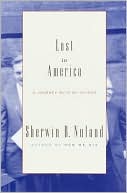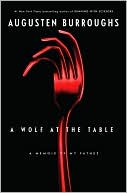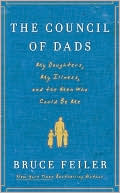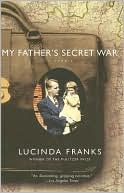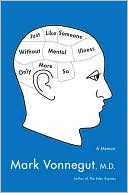Lost in America: A Journey with My Father
Search in google:
Sherwin Nuland's powerful story traces the crumbling of his father's American Dream. As the nineteenth century turned into the twentieth, 19-year-old Meyer Nudelman emigrated to America from Russia and found, instead of expanding opportunities, a constricted life of sweatshop jobs, an overcrowded Bronx apartment shared with his mother-in-law and sister-in-law, illness, and the premature deaths of his wife and first son. Despairing and bitter, Nudelman saw his own health deteriorate to the point where even the simplest of tasks, like walking and eating, became a foray into the unpredictable. In this memoir, Nuland struggles with his father's legacy, acknowledging that the weight of so much illness inspired his own career in medicine, as the costs of his father's losses were transformed into the wealth of his personal development. The New Yorker The Yale professor of medicine Sherwin Nuland begins Lost in America: A Journey With My Father by evoking the depression that in his forties so debilitated him that only one doctor protested against his being lobotomized. This was, he thinks, the culmination of his unresolved relationship with his father, who "walks with me through every day of my life, in that unsteady, faltering gait that so embarrassed me when I was a boy." Meyer Nudelman cowed his family with his rage, but a mysterious, crippling illness also made him insecure and dependent. Only later, in medical school, did Nuland guess that his father had suffered from syphilis. It is hard to imagine men with more to hide from their sons than those who participated in the Third Reich. Sigfrid Gauch's 1979 memoir of his Nazi father has been translated into English by William Radice, under the title Traces Of My Father. Gauch describes his "schizophrenic" situation, in which he had to learn "to love my father as a person but to be horrified by his personality." Happy childhoods also have secrets, as Samuel Hynes' The Growing Seasons: An American Boyhood Before The War attests. What did Hynes' father mean when he took his sons driving, without their stepmother and stepsiblings, and asked if they would like to be "just us three" again? What did he mean by saying, on his deathbed, that he "gave up a lot"? The answers are as unrecoverable as Hynes' prewar innocence, which ended when he was called up to the Navy; boarding the train, he looked back at his father, who was already "moving rapidly away through spots of light and shadow toward the dark street." (Kate Taylor)
